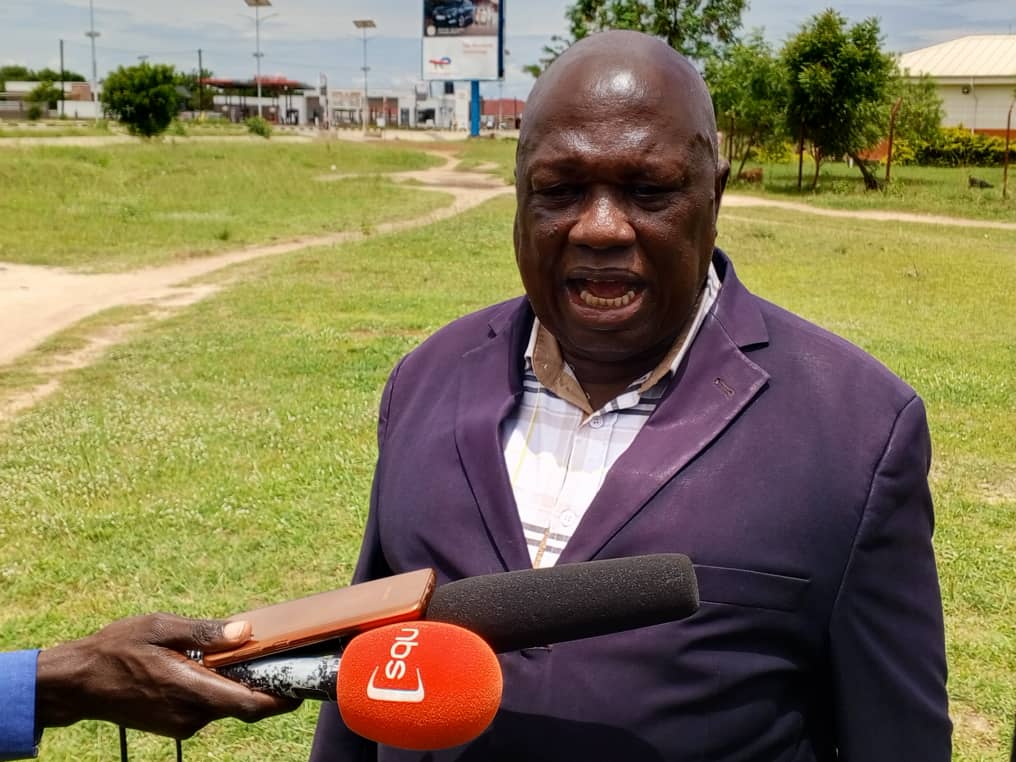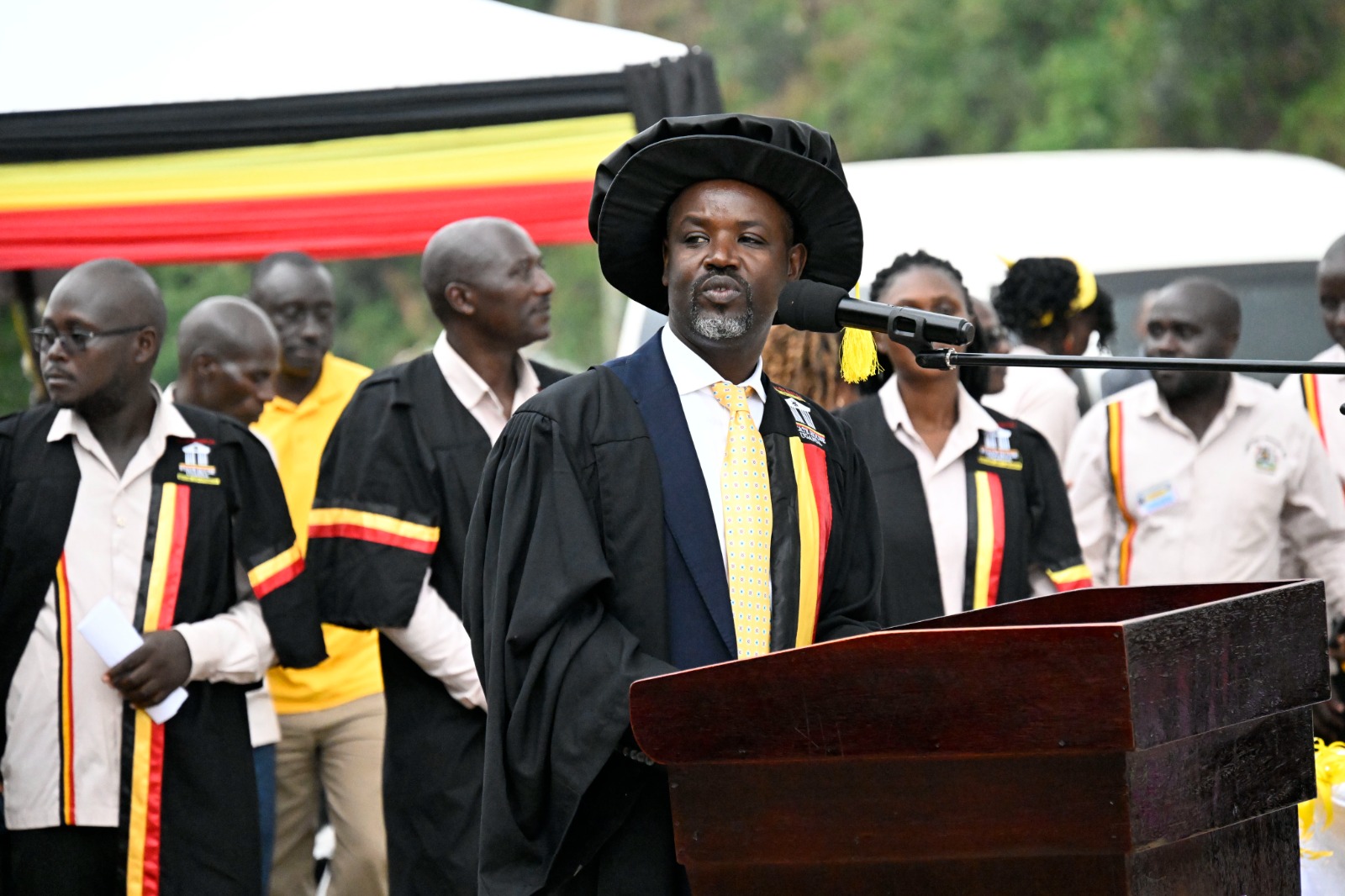Those with modest education should not take oath in English
By Kungu Al-mahadi Adam
Last week, the country concluded this year's general elections with the election of Chairpersons and directly elected councillor and woman councillor at the sub county as per the Electoral Commission Roadmap.
Uganda now has a set of elected leaders awaiting assumption of offices at the end of the running term of outgoing leaders starting May this year.
Before assuming office, the president, Members of Parliament, Judges, political appointees, local government leaders and other categories are required to take an oath of office.
Why? Because, public servants are just that – they are servants of the people who should commit paying allegiance to them and their country.
The laws in Uganda permit the Chief Justice, a judge of the High Court, the chief registrar of the High Court, a magistrate, a notary public and any commissioner for oaths to administer it.
In fact, the official if a Christian, is required to uplift in his right hand, a copy of the gospels of the four evangelists or of the New Testament, or if a Jew, a copy of the Old Testament, or if a Moslem, a copy of the Koran, and say or repeat after the person administering the oath the words prescribed by law or by the practice of the court.
This effectively means that an oath is not taken merely for formality, it is a public pledge that the official understands the requirements of the position, and will work to meet or exceed those requirements.
That said, those taking the oath must fully consider the meaning of the oath and all of its important implications. This is not the case for Uganda where we have been administering the oath for its sake and could still do it.
In August last year, Parliament passed the Local Government (Amendment) Bill, 2019 dropping the education qualification of Advanced Level requirement for persons seeking to contest for the positions of chairperson or mayor of a municipal council, town council or division council.
The minimum education qualification of Ordinary Level for district and city councillor was also rejected.
The regulation had earlier in the year been passed but the president refused to assent to it on grounds of education requirements.
He argued that the need for education qualifications would disenfranchise people by limiting them on the choice of Ieaders they can elect into positions of leadership, is discriminatory and not realistic in some instances where it requires qualifications of persons in certain offices yet these people perform different roles, which require different competencies.
So, in the just concluded elections, Municipality, City Division, Subcounty Chairpersons and Councillors and all other lower local government leaders did not require any academic qualifications to be nominated and later elected, which means many illiterates saw their way through.
Now, what happens at the time of taking an oath which is administered in only English? Like earlier stated, the essence of an oath of office is for the takers to understand what they are commiting to, not doing it for formality.
In the previous years, we witnessed even literates failing to say or repeat the oath, many could actually struggle with pronouncing or reading wordings therein, a clear manifestation of them not understanding and comprehending what they were saying or reading.
Now that we allowed everyone regardless of their academic credentials, it is time we thought about administering the oath of office in local languages especially for local government leaders starting with the coming political term of office . National leaders like the President, Members of cabinet and Parliament can continue with English because the law provides for advanced level academic qualifications - the assumption is, at least they all know how to read and write.
I have seen people laugh at leaders who struggle to correctly read the oath, they have in most cases been judged and regarded as incompetent in executing duties which isn't the case and so, insisting that the uneducated leaders take oath in English, will not only be inconsiderate but also unrealistic on the part of government.
In fact, to ease their job, even the literature of the relevant laws like Local Government Act, Physical Planning Act 2010, Public Health Act, Land Act 1998, Circulars from Ministries, etc all written in English should be translated to local languages.
The writer is a Uganda Journalist with passion for current African Affairs.













